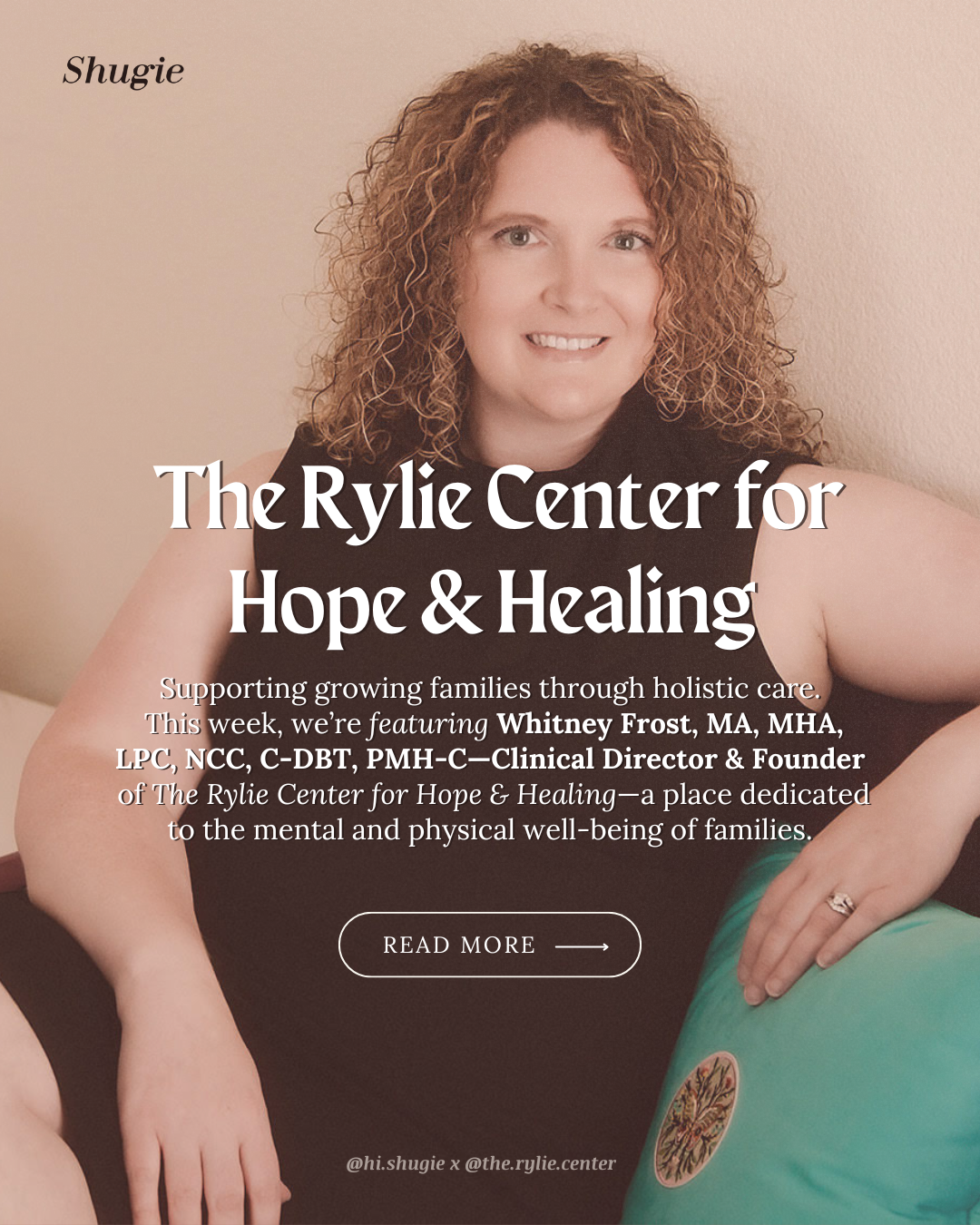
It is believed that 70% to 80% of birth people will experience the baby blue within the first two days postpartum, 90% will experience intrusive or bizarre thoughts, and 20% of newly postpartum folx will experience postpartum depression within the first 1-3 weeks postpartum. A recent study found that 1 out of 7 birthing people will experience postpartum depression but can occur within the first year postpartum. Women of color are at a higher risk of experiencing postpartum mental health concerns. Approximately, 11 in 10 new father’s experience signs of postpartum depression, but often go untreated. With postpartum depression and anxiety on the rise across the country, now is the most important time to be supporting the birthing people within your lives. Often times, we set out with the best of intentions to support those who just gave birth, but fall short of their expectations or needs. Giving birth is a sacred experience that many invest thousands of dollars in, countless doctors’ appointments, various scans and blood tests. The experience of birth may not end up as the birthing person expects due to complications during pregnancy and the birth and ultimately, we all end up sleep deprived, saggy, and kind of smelly at the end. As a community of support, we need to show up in the most effective, supportive ways possible to help them succeed through the fourth trimester. We need to ask the right questions and provide the most effective help. Here are some of the risk factors for PPD:
- Stressful live events.
- Low social support.
- Previous history of depression.
- Family history of depression.
- Difficulty getting pregnant.
- Being a mom to multiples, like twins or triplets.
- Being a teen mom.
- Preterm (before 37 weeks) labor and delivery.
- Pregnancy and birth complications.
*PPD can also occur in birthing folx with a healthy pregnancy
Many birthing people talk about the experience of everyone being excited and involved in their pregnancy until they deliver and then they can experience feelings of being completely forgotten about. During pregnancy, you visit the obstetrician frequently, sometimes weekly. After you give birth, you have one follow up appointment, eight weeks after you helped a human exit your body. We’ve created a society where the birthing person often feels forgotten after the baby has arrived into the world, allowing for depression, isolation, and anxiety to take its toll. Providing the support that the birthing person wants, needs, and prefers is vital for helping reduce postpartum mental health.
Here are things to look for that may be signs of PPD:
- Crying more often than usual.
- Feelings of anger.
- Withdrawing from loved ones.
- Feeling numb or disconnected from your baby.
- Worrying that you will hurt the baby.
- Feeling guilty about not being a good mom or doubting your ability to care for the baby.
